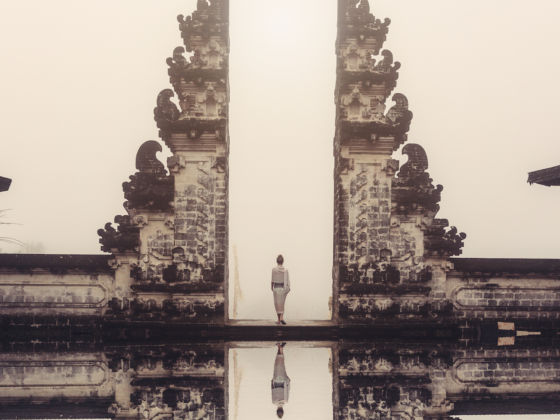THE TURTLE WAS CRYING.
On October 9, 2011, 6 years, 10 months, and 275 days after the tsunami, Rizaldi sat with me in a coffee shop in Banda Aceh, Indonesia. He drew from his backpack his diary of the catastrophe.
The memories were recorded in a typical Indonesian school exercise book, decorated with cartoons and fluorescent colors. The manufacturer’s official title, “The Turtle,” was stamped on the cardboard cover, but long ago Rizaldi had inked an unofficial name below, in Bahasa Indonesian, with a blue ballpoint pen: “The Book of Tragedy, Earthquake and Tsunami, in Aceh and Northern Sumatra.” Beneath that, thick capital letters declared, “BY RIZALDI.”
